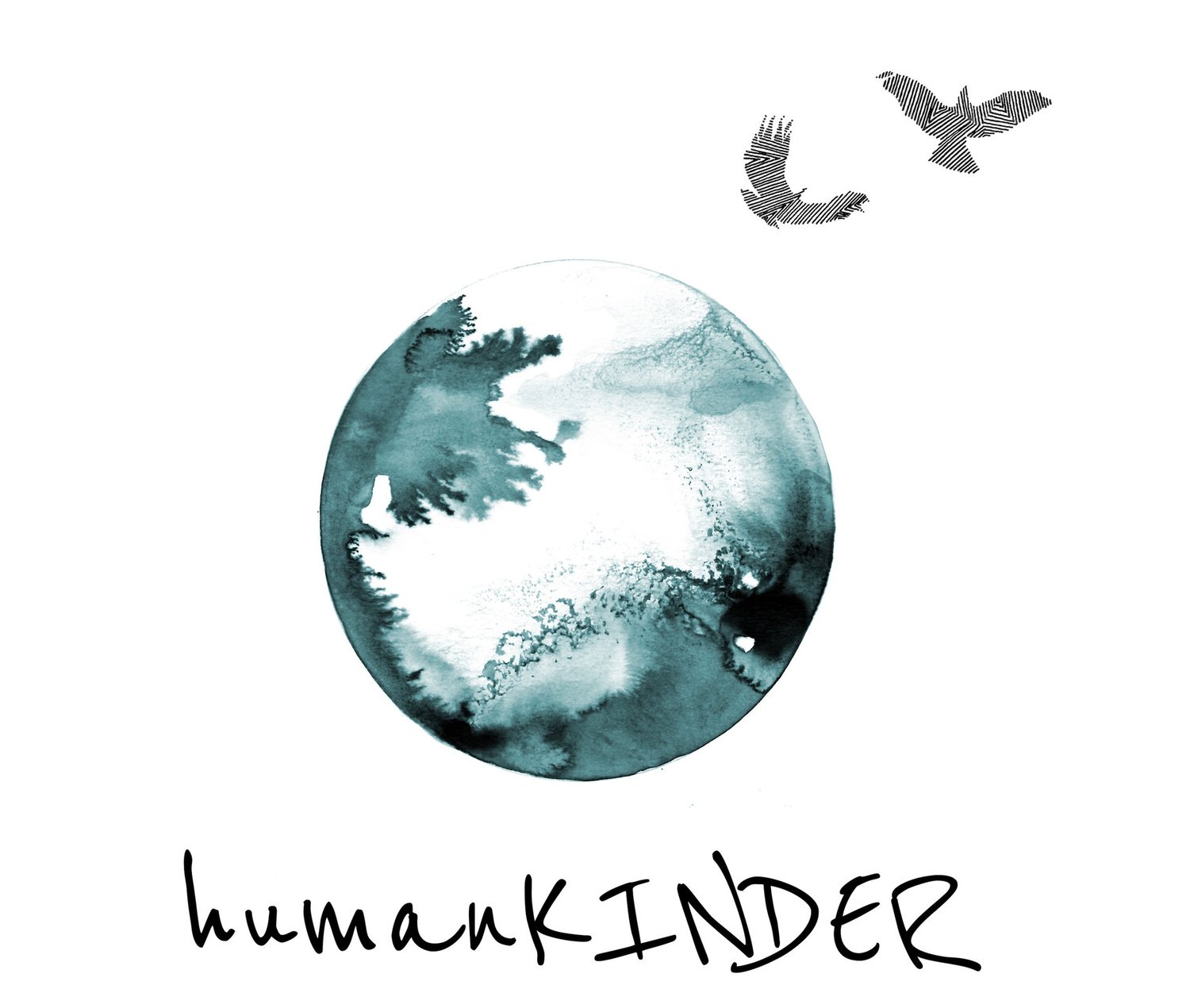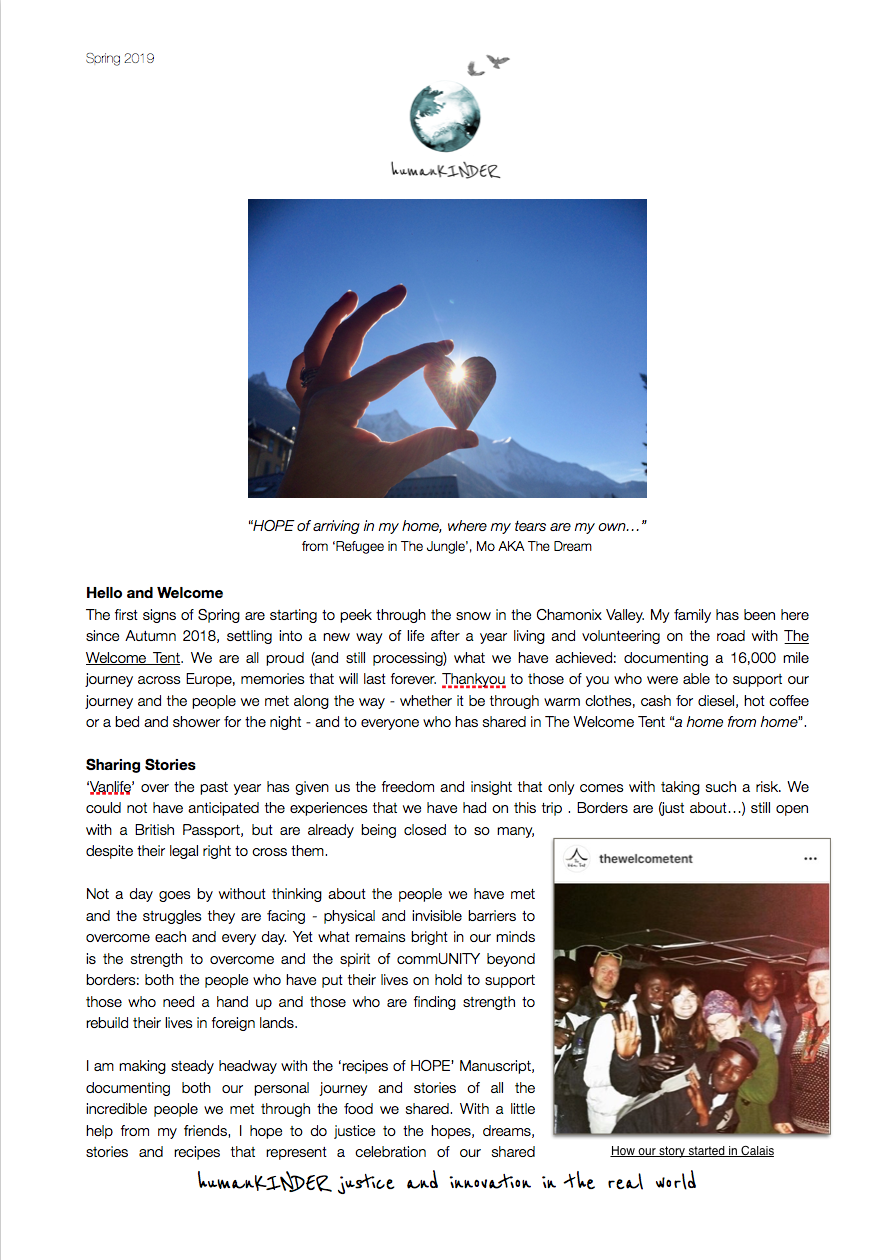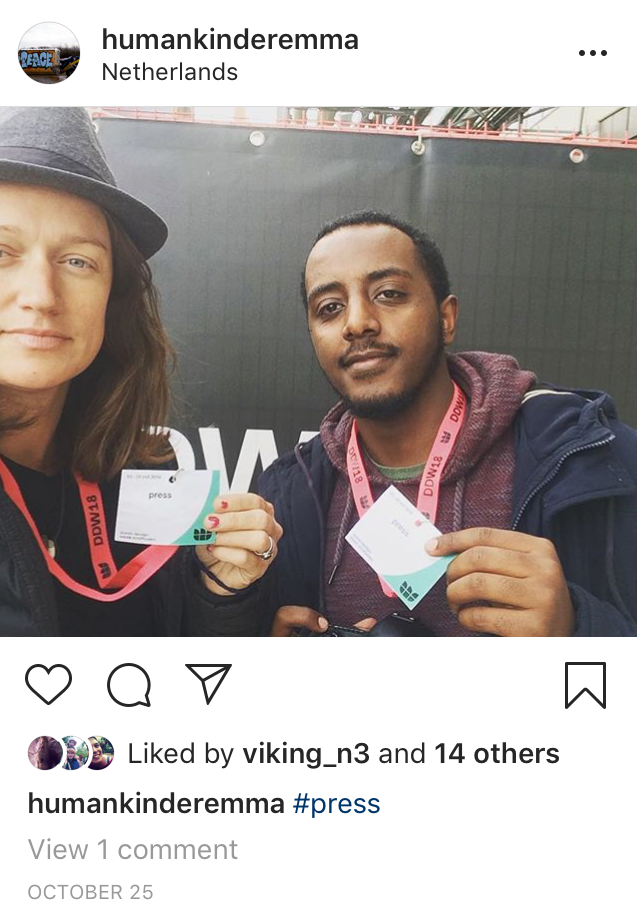This oh-so-appropriate title is handpicked from an article back in 2016, framing the potential implications of “Brexshit” within the context of Environment Law in the UK and Europe. Reading the report from the Inter-governmental Panel on Climate Change on the impacts of global warming rising above the 1.5°C target, this hugely comprehensive piece is forebodingly more relevant then ever:
“Scientists might want to write in capital letters ‘ACT NOW IDIOTS’, but they need to say that with facts and numbers… and they have, said Kaisa Kosonen from Greenpeace”[ii].
After many thousands of miles living on the road in the last year from Calais to Greece - cooking ‘recipes of HOPE’ with displaced humans across Europe in The Welcome Tent - our home (as economic migrants or Brexitfugees?) now overlooks Mont Blanc and the Chamonix Valley in the Alps. We see the impact of this environmental “catastrophe” everyday, looking out the window at glaciers melting at a rate arguably only possible with global warming? The stark reality of our current situation is so much closer than many perhaps care to think, but with eyes glued to our screens, the sales of Merel boots with their Polar Bear logo continues to rise, while the existence of real live Polar Bears becomes ever more precarious.
My passion lies in human rights and equitable participation for everyone on this planet. Yet, with no planet there will be no rights to fight for. It really is that serious. No single industry, discipline or person can solve the complex problems we face in this age: the issues are all consuming, inter generational, conscious and subconscious, too overwhelming, fear inducing or just being plain ignored.
This past year, I can now say with evidence, that many of the issues presenting themselves around the world have foundations in the colonialism of our past – and present - from which our ancestors and current public administrations continue to rape and reap the rewards. Indeed as much as I support a welfare state, many of our government and public service systems are a clear demonstration of exploitation by design, only remaining intact due to our collective and complicit silence in the face of injustice. As we look for a scape goat for our current catastrophic situation, the finger of blame points to ‘Those Black People in Boats’ - already silenced by public systems so shamelessly outdated that one can conclude these systemic failings must be orchestrated.
People fleeing war, conflict and environmental conditions – legally entitled to protection under international law - are literally dying to get to safety in Europe. Thousands of people have died trying to cross the Mediterranean in recent years and many more returned notably to the Libyan coast under the hugely criticised Italian and wider European Migration policy changes. Human Beings - care workers, engineers, farmers, business owners, mums, dads, children. Human Beings who should and could be welcomed as part of a Loving and Living Europe.
Instead, the “powers that be” are pumping finances into a shameless Media which is continuing to fuel hatred, misogyny and prejudice and a divide-and-rule contractual, avoid-all-liability, immoral approach to just about everything from selling weapons of war, the rise and rise and rise of technology and health, social care and support service contracts which enable the “haves” and perpetuate the marginalisation of the “have nots”.
I used to lead the first social innovation research lab in UK government. I quit when I started to volunteer in Calais in the winter of 2015. The hunches, the guesstimates, the theories that I kept to myself, because They Could Not Possibly Be True, I now know are Absolutely True. “White supremacy” is the plague of our time, debilitating conditions created by those who have decided on our behalf – to pitch us as mere mortals against each other, like cocks in a ring – while the Winners of Capitalism sail off into the sunset.
I argue therefore that the saving of ‘civilisation’ cannot be left merely to politics. Many, if not most, of our public, government and larger agencies (from across sectors) are demonstrating Deliberate Moral Amnesia while chasing the money, clearly visible in their malpractice within frameworks of consent, globally. This is Colonialism demonstrated through abuse of the “how” of Exploration, of Cooperation, of Collaboration, of Agreement.
Until CEOs from across ALL Sectors understand the simple difference between “doing with” or “doing to”, current leadership models will fail us. The reality is that “land grabbing”, “pussy grabbing” and “contract grabbing” are all one and the same: all likely to increase as those with limited intelligence and weak hearts fear losing their control over the finite resources in this world.
So at this absolutely-beyond-critical-moment in the history of humanKIND, who indeed does have the answers? What is our Plan B? For sure we have Tech and Artificial Intelligence, Genetically Modified crops, insurance scams and Robotics as well developed “saviours” to future-proof our bubble lives. Yet the important question for me is will they merely keep us alive - in a slowly dying-inside type of way - or will they keep us alive and LIVING, nourishing us in a way which makes the stars twinkle in our eyes and songs of freedom dance in our souls?
I have met everyday people forced to flee their homes due to war, people in detention without trial, people forced to be sex workers, people who have lost loved ones far too young, people living with terminal illness and irreversible health conditions. I know people who have experienced none of the above, and still day-to-day is a struggle. A screen works for a while as escapism and then eventually can become addictive. Yet, what makes the difference for every single person that I have met is not a screen, but the simple humanitarian act of a hand up – not a hand out – a real human connection that gives the gift of hope in return for a smile.
If we have any chance of a future, based on the evidence in the 1.5°C report, we must learn how to grow together. Not by commodifying food and knowledge and selling it on at a fat profit, but through genuine consensual agreement, where all parties are beneficiaries. We must learn from people already connected intrinsically with nature, living in harmony with the land, with the earth. We must learn from the knowledge, wisdom and courage of people whose lives have already been in battle, who have the scars, the testimony and the strength to prove it. Perhaps we will find that these are the same people?
We must learn not only to tread lightly on Mother Earth, but nourish her as we nourish our children. We must re-educate ourselves about ‘herstory’ as much as history, because unless we go forward collectively with action and not merely words, all of our children will fight and die together in each others’ arms.
So where’s the revolution we all need? Across Europe, it is the volunteers and displaced people I have seen “on the frontline” that, while dodging the further policy changes to criminalise their actions, continue to offer a humanitarian response – a hand up - beyond and despite the existing political system. Brave and humble people who have decided to hide their own tears by helping others, voting with their feet and acting with their hearts in this, the Age of Aquarius, which will be infamously known as the age which revoked the licence to rescue.
“if your feminism isn’t intersectional it ain’t shit” (IG punsn.roses).
How can all of us – together – share the one goal of saving the planet so my son’s generation will have a home in 50 years and so our descendants can exist for the next million years? Dividing our causes is a misuse of our resources: we must prioritise collective action by finding a way to harness separate energies and campaigns into whole system synergies. Unification around that one goal requires interconnection of ecological and humanitarian strategies at a global and local level, enabling us all to survive and thrive, while simultaneously learning coping strategies for enduring the shocks that are coming.
Reenergised with stories of commUNITIES already working towards this noble goal, I continue to look for cracks in the system, connecting the brightest stars. Indeed as Leonard Cohen sang:
“There is a crack, a crack in everything. That’s how the light gets in”.
[i] https://www.linkedin.com/pulse/brexit-possible-implications-environmental-law-uk-sarah-holmes
[ii] www.bbc.co.uk/news/science-environment-45775309














